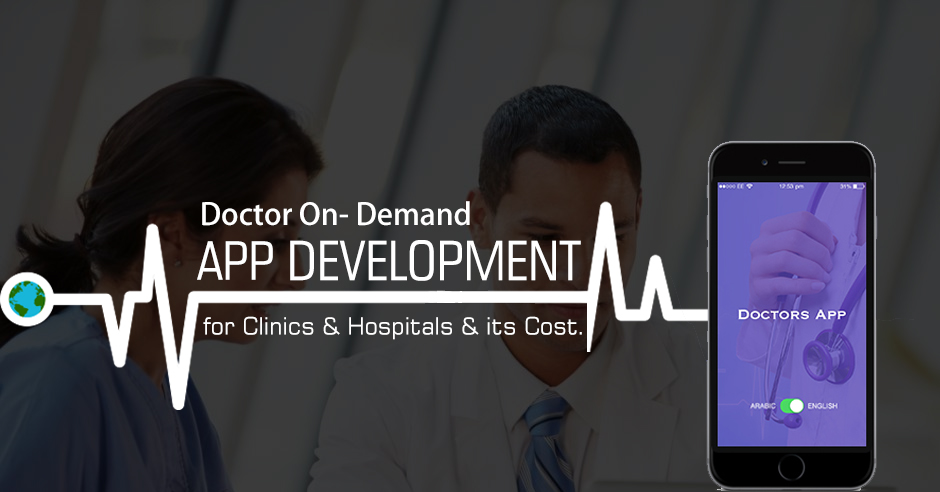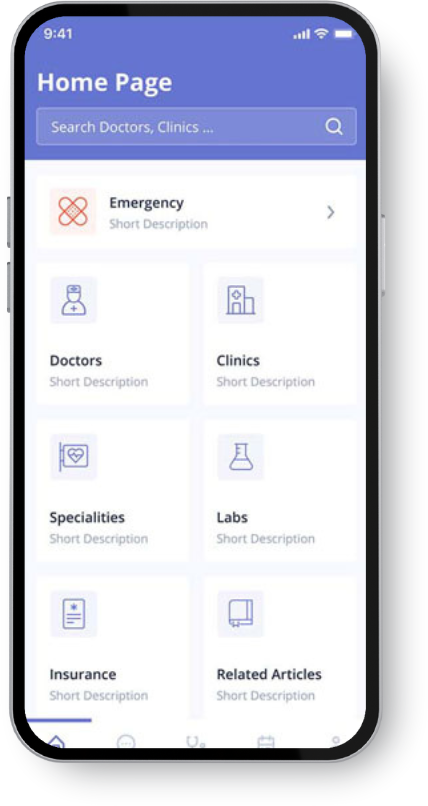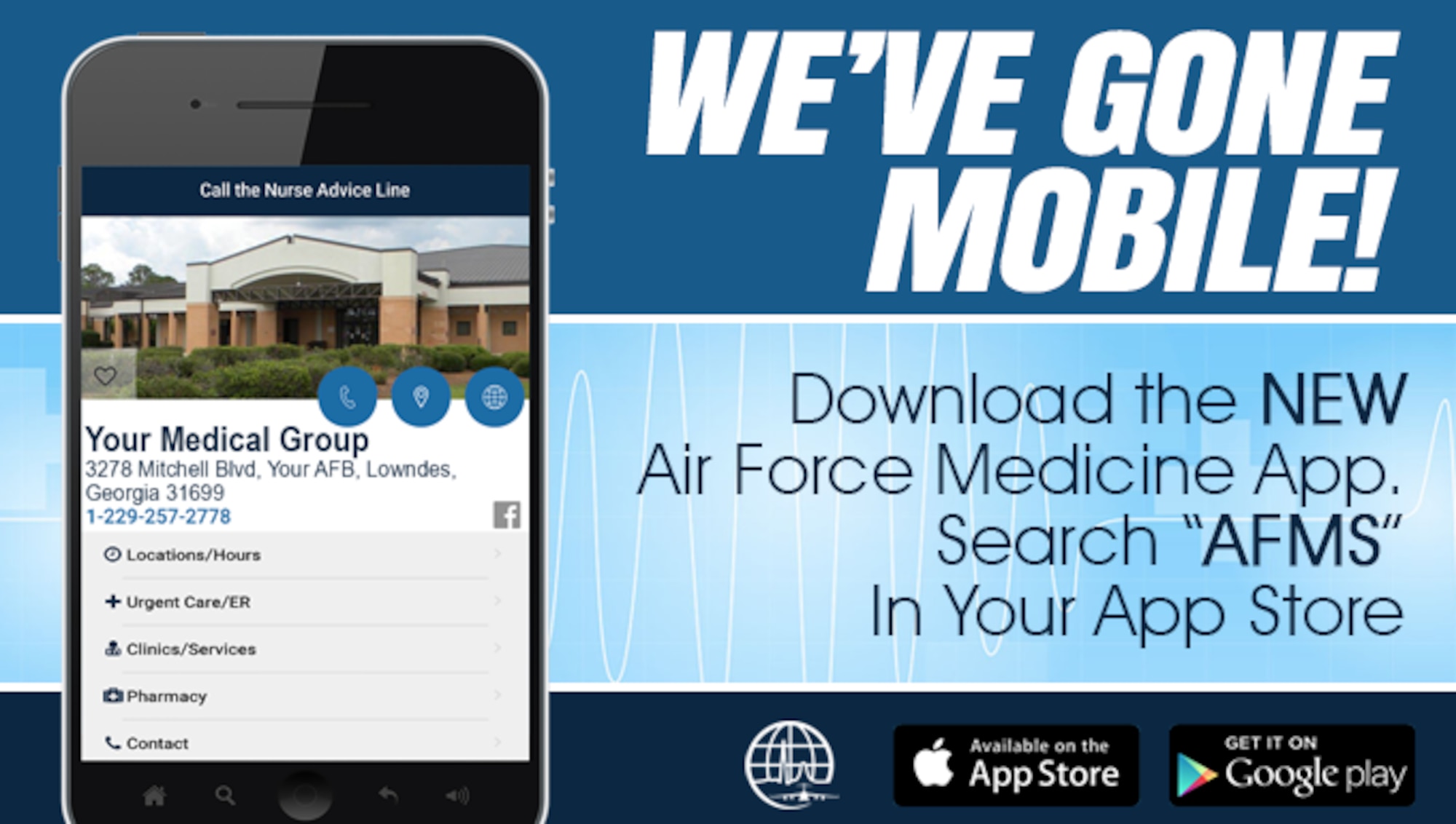The Advantages of Implementing a Mobile App for Clinics in Today's Healthcare
The Advantages of Implementing a Mobile App for Clinics in Today's Healthcare
Blog Article
The Future of Medical Care: Why Clinics Need a Mobile App Today
As the healthcare landscape proceeds to evolve, clinics encounter mounting stress to adjust to client assumptions for higher convenience and access. The combination of mobile applications can serve as an essential technique for boosting individual involvement and improving procedures.
Altering Individual Assumptions
As the landscape of medical care develops, client assumptions are undertaking a considerable improvement. Today's people are significantly looking for comfort, access, and individualized care. With the rise of innovation, especially mobile applications, individuals currently expect a seamless assimilation of medical care solutions into their every day lives. They prefer the capability to manage appointments, gain access to medical documents, and interact with doctor with their mobile phones, showing a change in the direction of a much more aggressive method to health administration.
Additionally, people are becoming more educated and empowered, commonly looking into conditions and therapies on-line prior to examinations. This increased understanding is paired with a demand for openness in healthcare processes, consisting of expense price quotes and therapy options. Because of this, service providers are obliged to adjust by taking on digital tools that improve the individual experience.
The expectation for prompt and effective communication has actually never ever been greater, with numerous clients taking into consideration responsiveness a vital component of high quality care. mobile app for clinics. In this progressing landscape, health care companies need to acknowledge these transforming assumptions and take advantage of mobile applications to promote an extra patient-centric technique, ensuring that they not only satisfy but go beyond the standards set by today's informed consumers
Enhancing Client Involvement

Mobile applications facilitate communication in between patients and doctor, making it possible for real-time appointment organizing, tips for medicine adherence, and direct messaging features. These functionalities not only boost comfort however additionally construct a feeling of accountability amongst individuals. Additionally, mobile apps can supply educational web content customized to individual needs, aiding clients better recognize their conditions and treatment alternatives.
The integration of gamification aspects within health care applications can also motivate individuals to participate in healthy and balanced habits, enhancing positive way of living changes. By tracking progression and rewarding accomplishments, clients are more most likely to stay devoted to their wellness objectives. Eventually, enhancing person involvement through mobile applications results in enhanced health and wellness end results, greater client contentment, and an extra collaborative health care experience. Clinics that prioritize this aspect will likely see a substantial effect on the top quality of treatment delivered.
Streamlining Center Operations
Enhancing facility operations is important for boosting workflow effectiveness and maximizing client treatment. The implementation of mobile applications can substantially reduce administrative worries, allowing doctor to concentrate more on client communications. By automating appointment scheduling, individual check-ins, and billing processes, centers can minimize wait times and improve general functional efficiency.
Mobile apps additionally facilitate real-time access to individual documents, enabling medical care professionals to make educated choices quickly. This immediacy not only boosts the quality of treatment but additionally reduces the chance of errors connected with lost or outdated info. Leveraging mobile technology sustains a much more well organized approach to taking care of client follow-ups and treatment strategies, making certain that no crucial actions are forgotten.
This permits for prompt replenishment and aids prevent interruptions in patient care due to stock scarcities. By incorporating these performances right into their daily my blog procedures, centers can produce a much more cohesive and efficient environment, eventually leading to boosted client outcomes and satisfaction.
Improving Communication Channels
Reliable interaction is regularly cited as a foundation of high quality medical care delivery. In today's fast-paced clinical environment, mobile applications can dramatically enhance communication channels in between centers, patients, and doctor. By incorporating mobile apps into their procedures, centers can assist in real-time communications, making sure that individuals obtain timely details concerning their appointments, examination outcomes, and therapy plans.
Mobile apps likewise equip people to communicate straight with their medical care groups via secure messaging functions. This direct line of interaction cultivates a feeling of involvement and enables immediate clarification of issues, which can cause far better adherence to therapy protocols. Moreover, push notifications can remind clients of upcoming visits or medicine schedules, minimizing no-show prices and enhancing general health and wellness results.

Staying Affordable in Healthcare
In a quickly advancing healthcare landscape, companies must prioritize technology and adaptability to keep an one-upmanship. The combination of mobile applications right into healthcare solutions is no longer optional; it is necessary for clinics aiming to improve person engagement, enhance procedures, and boost general solution distribution.
As patients increasingly count on electronic systems for health Visit This Link administration, centers that fall short to take on mobile technology risk falling back. A well-designed mobile application can supply attributes such as appointment scheduling, telemedicine assessments, and access to clinical documents, giving people with convenience and fostering loyalty.

Competitors are likewise purchasing mobile remedies, so staying ahead requires continual enhancement and staying notified regarding technical developments. Clinics have to not only implement mobile applications yet also participate in regular updates and improvements. Ultimately, the successful combination of mobile technology will certainly identify forward-thinking health care companies and set the criteria for patient-centric treatment in a digital globe.
Final Thought
Finally, the combination of mobile applications in facilities is critical to deal with the advancing landscape of patient assumptions. By boosting client interaction, simplifying operations, and enhancing interaction networks, clinics can substantially enhance health results. In addition, the adoption of mobile technology settings facilities to continue to be competitive in a progressively electronic healthcare atmosphere. Eventually, the critical implementation of mobile apps represents a vital action towards supplying customized and obtainable medical care, consequently fulfilling the demands of today's encouraged patients.
Inevitably, boosting individual interaction through mobile applications leads to enhanced health results, better client complete satisfaction, and an extra joint medical care experience.Mobile applications likewise promote real-time page access to client records, making it possible for healthcare professionals to make informed choices promptly. In today's hectic clinical atmosphere, mobile applications can considerably improve communication networks in between clinics, people, and health care service providers.Mobile applications also encourage people to interact directly with their healthcare teams via safe messaging features. Eventually, the strategic execution of mobile apps stands for a crucial action toward providing accessible and individualized medical care, thus meeting the needs of today's empowered individuals.
Report this page